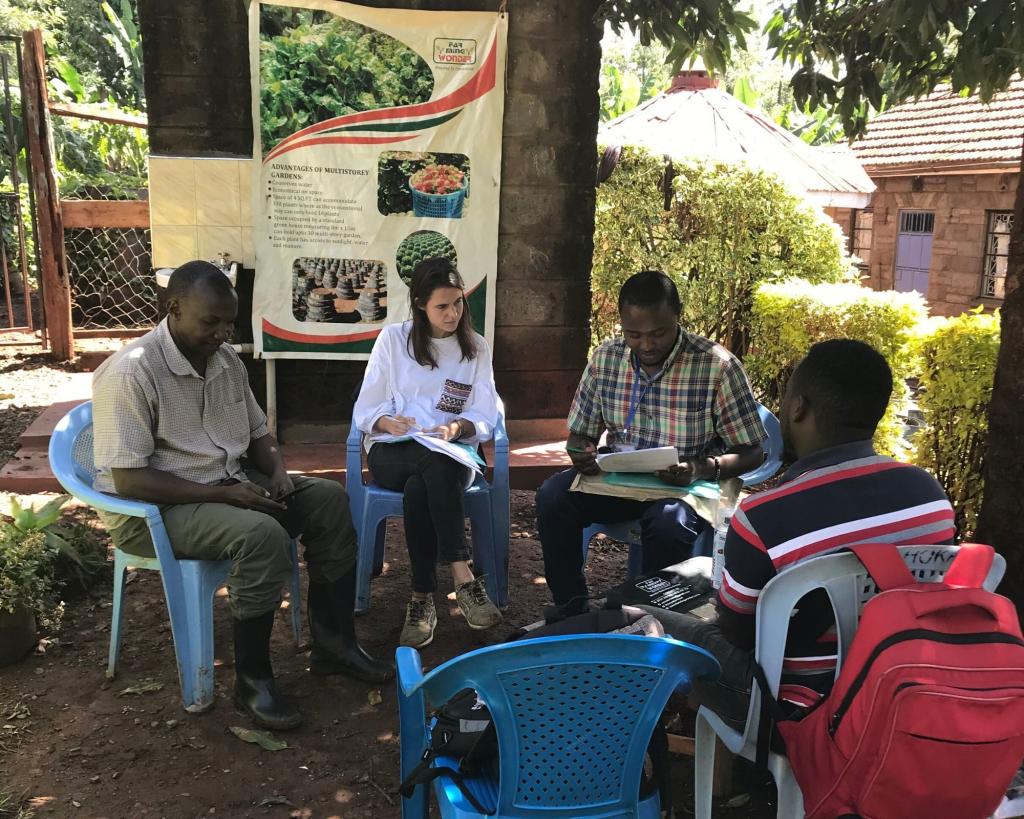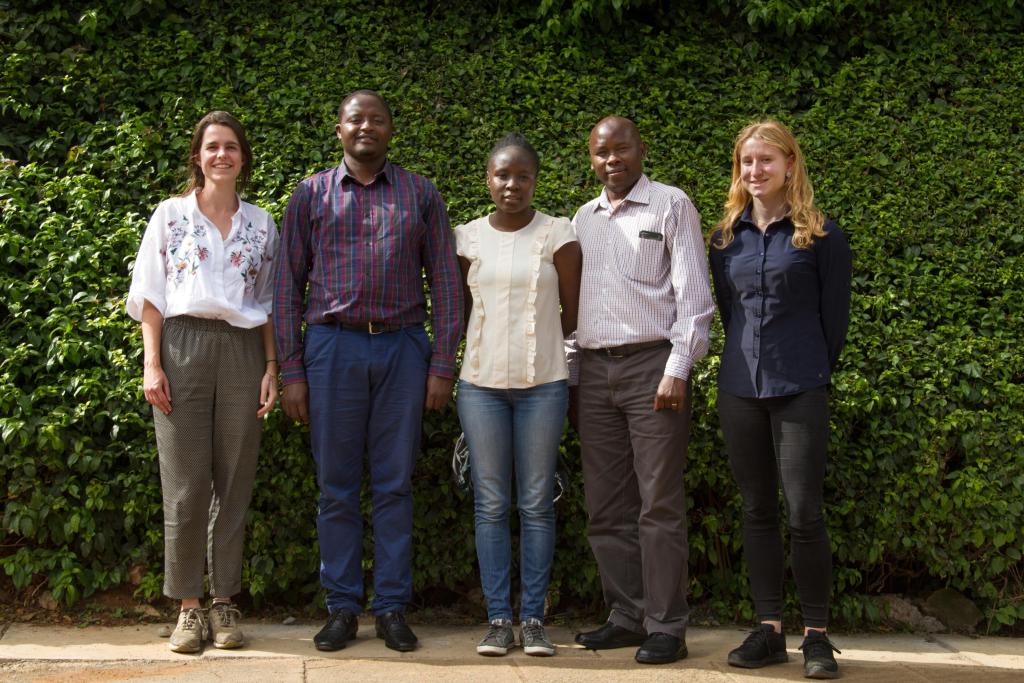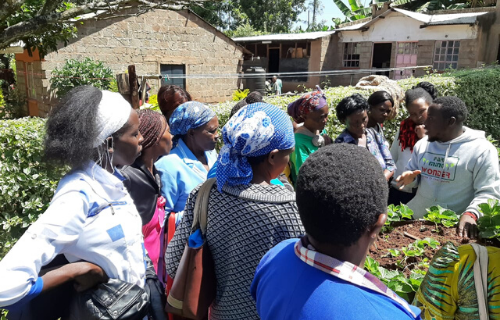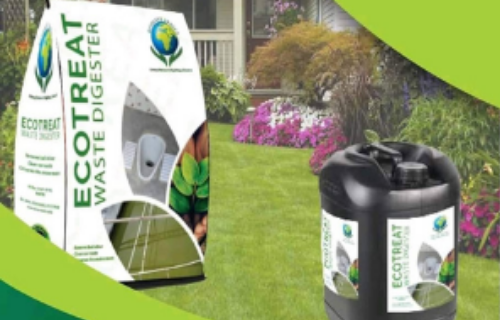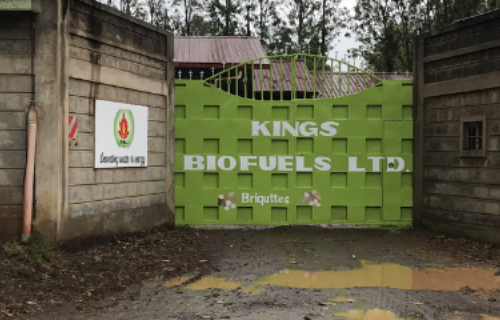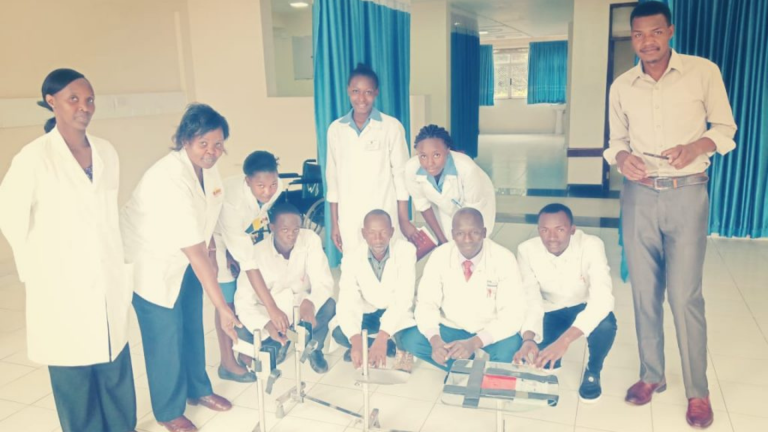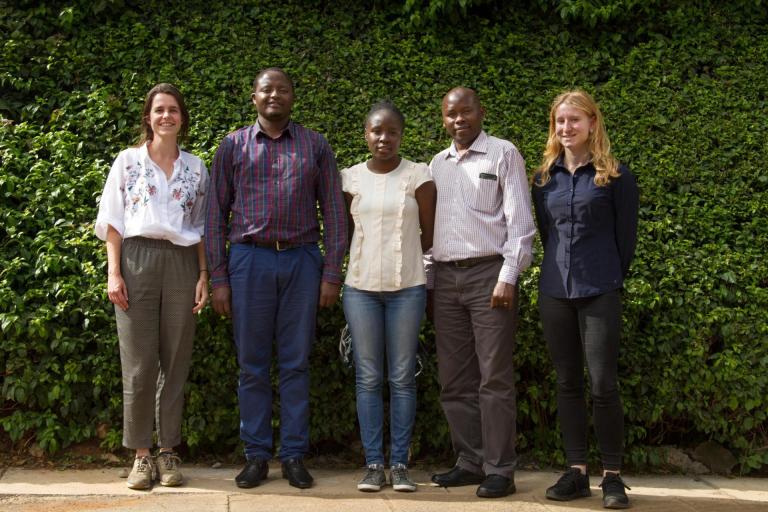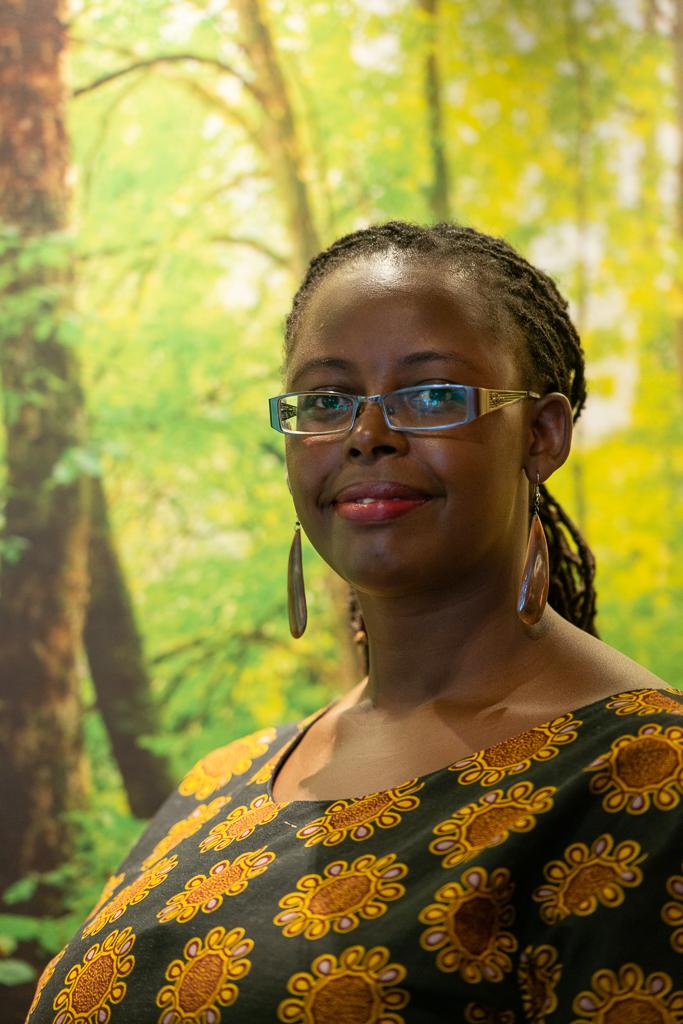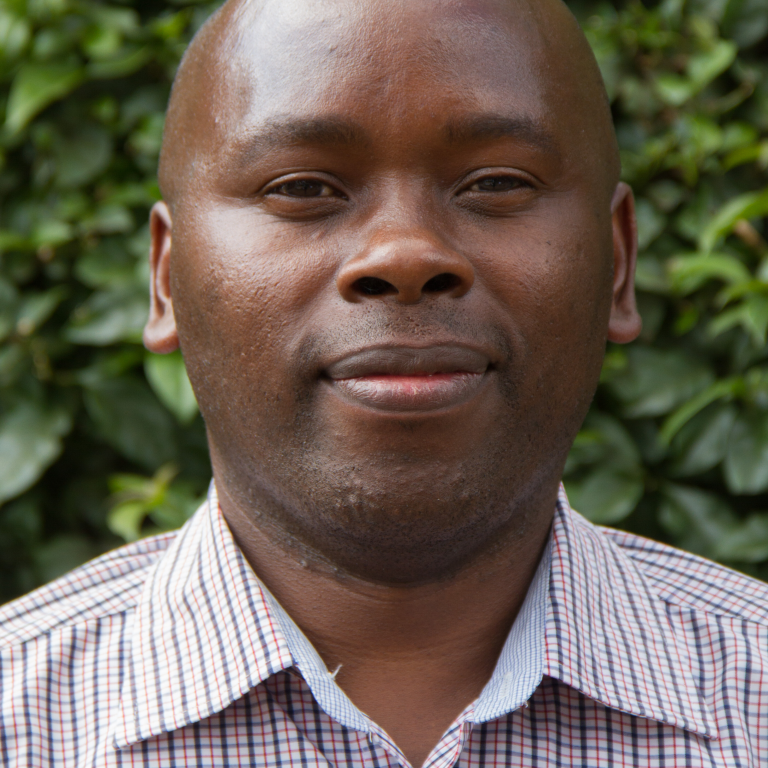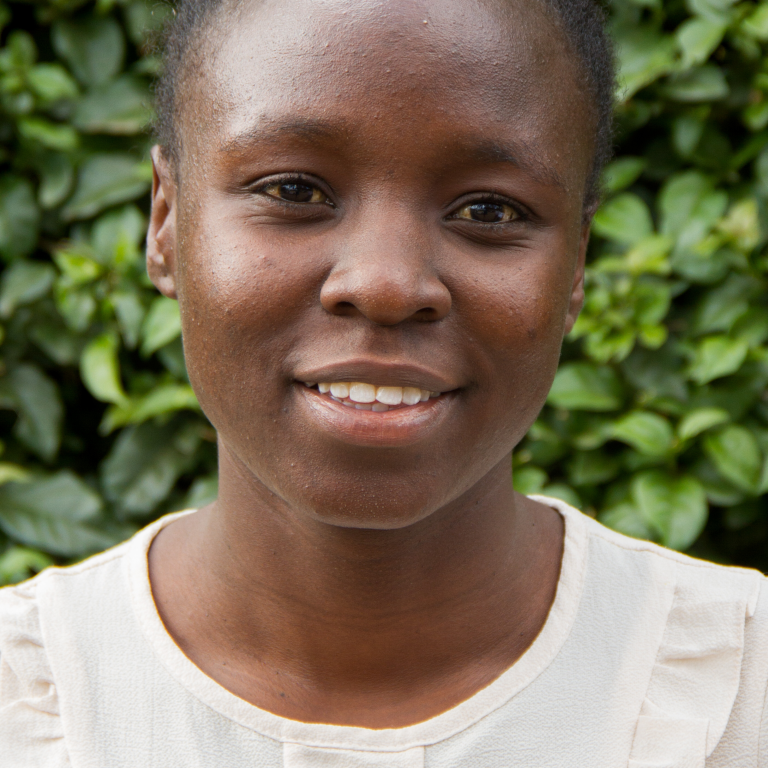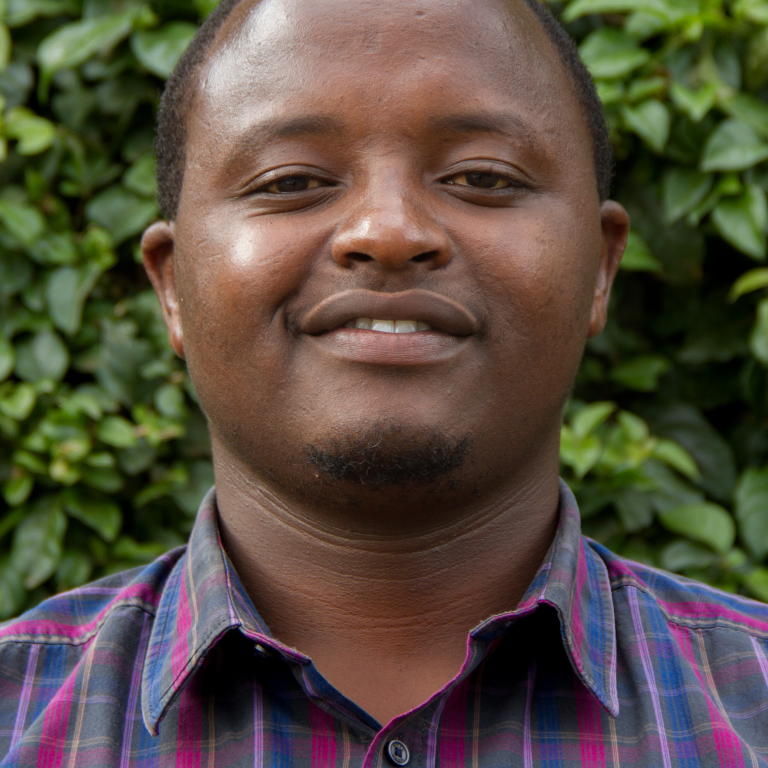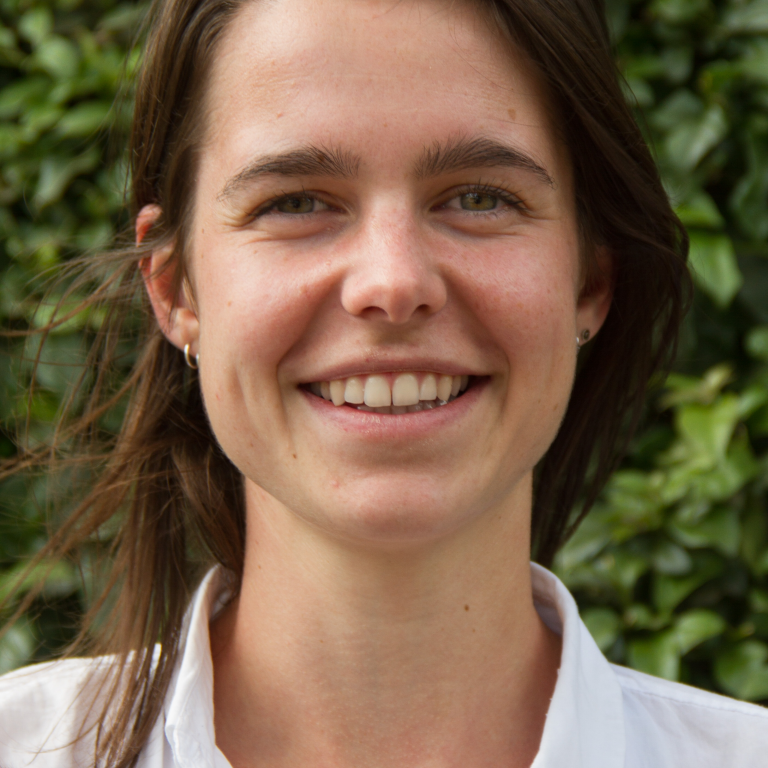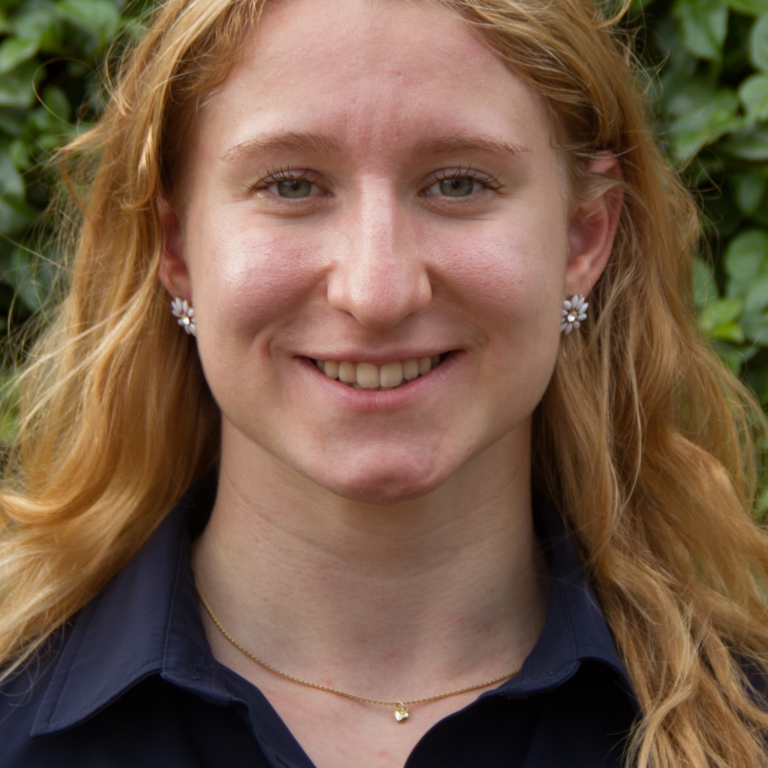Broadly scoped field study
In this knowledge file you can read about the Frugal Innovation Histories project, a broadly scoped field study to understand how new ‘frugal’ innovations are developed bottom-up, and how frugality drives the product development process and the market creation process. It also evaluates the role of frugality in legitimizing the innovation at household, community and societal level.
Collecting micro-level data
The focus lies on collecting micro-level data of all relevant aspects of the innovation: its characteristics, the inventor/innovator, the context in which it is developed and used, innovation processes, different actors involved in the development, financing, commercialisation and use of the product, and the impacts at household and societal level.
Document in-depth information
The study seeks to document in-depth information on product conception/invention, commercialisation, adoption and impacts. The case study firms are drawn primarily from databases and contacts of organisations that formally interact with inventors and entrepreneurs in Kenya through innovation challenges, incubation, and acceleration or through civil society organizations that support grassroots initiatives.
Project Description
Why an in-depth study of small-scale frugal ventures(enterprises) in Kenya?
There exists a gap in the current academic literature of articles based on real live bottom-up case studies in resource-constrained environments. Case studies where enterprises are established by someone from within the community, operating for the community while the initial process of designing and creating is done in an informal settlement.
Research questions
- How does frugality play a role and drives these processes?
- How do enterprises in resource-constrained environments provide innovations for a significant lower purchase price(=cost reduction) with a good performance level that serves also the need of the customer/ is useful(=focus on the core functionalities)?
The aim of the project
The aim of the project is to get a clearer insight into these questions and deliver publications that would provide not only knowledge, but also can contribute to improve the present state of policy. To reach these goals the team is developing a series of case studies of innovations in Nairobi and surroundings. As such, they are building a database of in-depth product life histories and innovation diaries.
Research Insights
Project Team
Field work: collect data
From November 2019 - January 2020 two Dutch students from the TU Delft and Leiden University were paired up with two research assistants working at the CFIA Kenya Hub. Together they collected data by going to the field.
Interviews were held with inventors of the innovations, households and other parties closely related to the innovation. By going to the field it was possible to see the context of the innovation. To see the neighbourhood, the business(location) and sometimes even the manufacture process or workshop.
The research began by setting up a database of potential frugal bottom up businesses in November 2019. They were screened on their bottom-upness and frugality to focus on the enterprises that met these criteria the best. In a series of interviews the data has been collected and will be analyzed. Throughout this project new enterprises are contacted and a call to innovators has been made.
